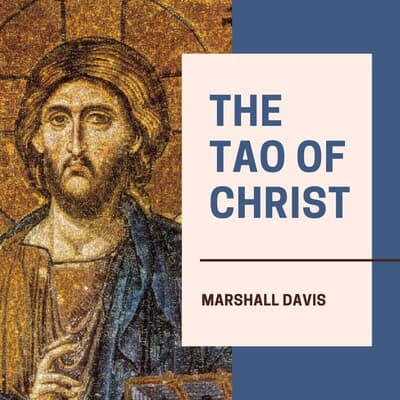Religion & Spirituality
The further we get into the Gospel of John, the closer we come to the core of the John’s gospel of nonduality. The structure of the gospel up to this point has been seven I AM sayings of Jesus, accompanied by seven teachings that Jesus gave. In the 15th chapter we have the last of these sayings. He says here, “I am the true vine, and My Father is the vinedresser.” Then a couple of verses later he says, “I am the vine, you are the branches.” In fleshing out this metaphor Jesus talks a lot about “abiding.” Some translations use the word remain or dwell, but I like the word “abide” because it means to make one’s home in, as in the word abode. It means to live in. Jesus says, “Abide in Me, and I in you.” This is my awareness of Christ. I abide I Christ and Christ in me. There is an oft- repeated evangelical mantra: “It is not about religion. It is about relationship – a relationship with Jesus Christ.” When I hear that I respond, “It is not about religion or relationship. It is about reality.” There is more to spirituality than relationship with God understood as a divine person. There is the Reality of the universe that is nondual. It is not about religion or relationship; it is about identity – identity with God where there is no longer two. As Jesus said, “I and the Father are one.” This is a quantum leap beyond relational Christianity. I know because I have experienced both. What I am talking about here is union with God or “abiding in Christ.”A dualistic relationship with Christ is nothing compared to being one with Jesus Christ. In Christ we are one with God and with all of creation. In this union there is no distinction between us and not us. In unitive awareness the individual self that appears to be in relationship with God ceases to exist. The self dissolves. It is seen through as a psychological fiction, which means that its relationships are fiction.Instead there is only one, which can be called Reality but there is really no good name for this. I use the word God, but it is not the theistic concept of God. Meister Eckhart calls this the God beyond God or the Godhead. It includes the personal God, but is beyond God to the same degree that an idol made of stone is beyond the theistic God. Paul Tillich calls this Being Itself or the Ground of Being. This is what we really yearn for when we desire a closer relationship with God.

